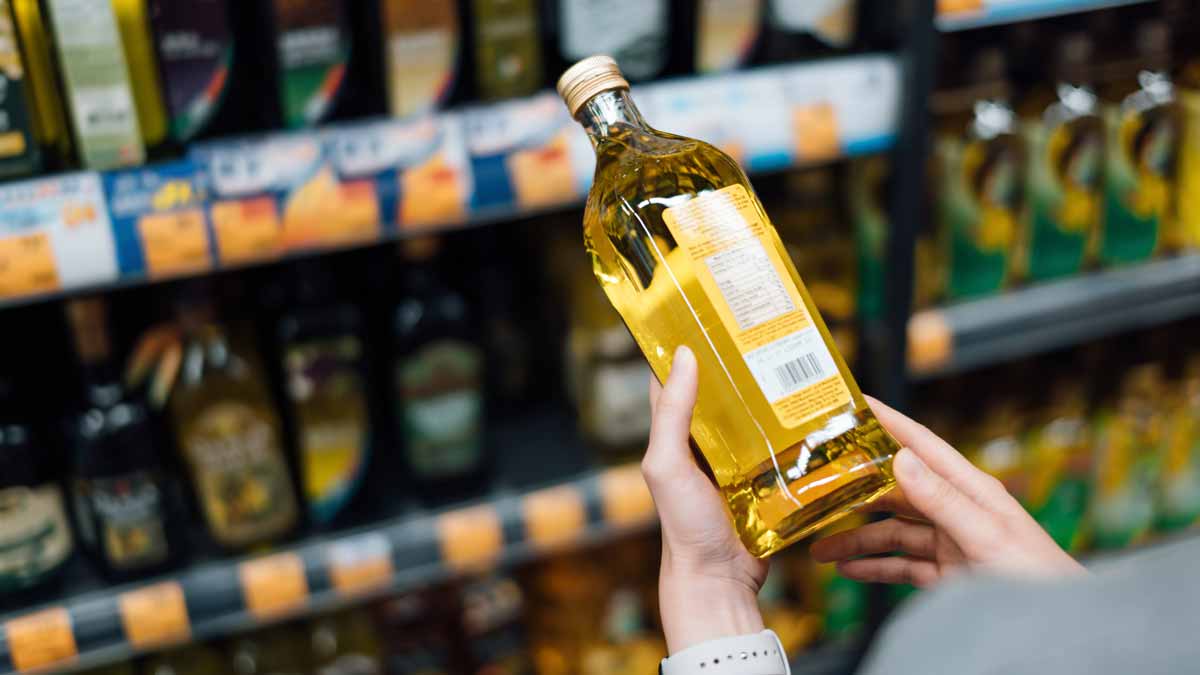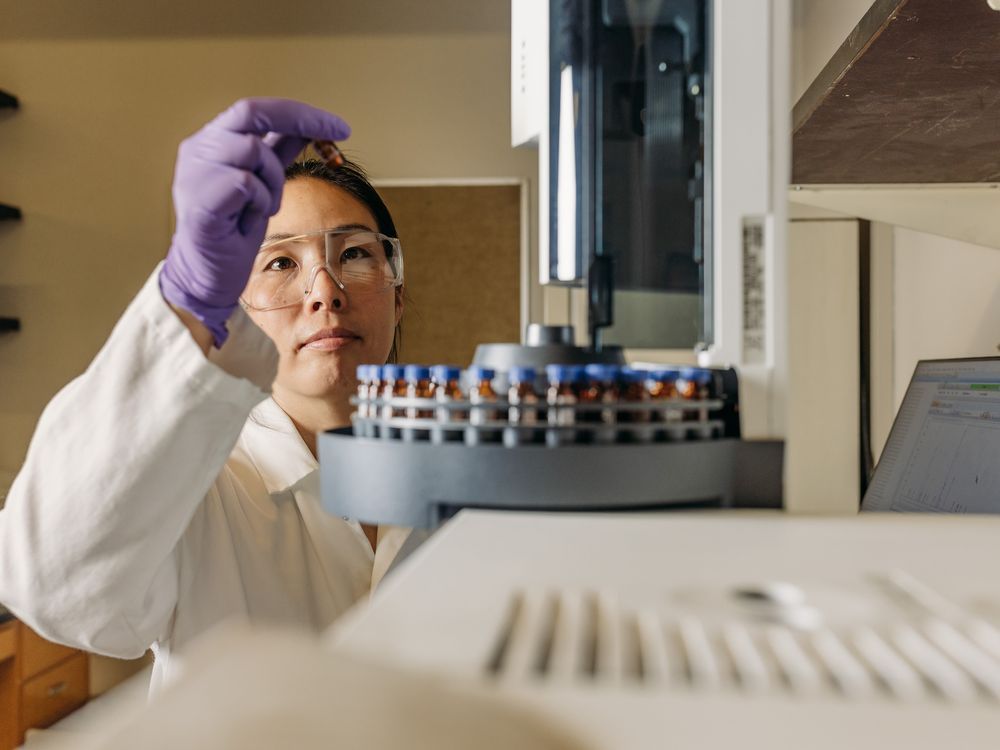This is not for everyone, there are people that had to stop Keto because their cholesterol skyrocketed. My friend bought a tub of coconut oil because they said you lose weight with it, but her cholesterol went right up. What worked for him doesn't work for everybody. Not to mention the farts with all those eggs. 
His eggs-pert wasn’t yolk-ing around.
Harvard medical student, Dr. Nick Norwitz ate 720 eggs in a month to study the effects the “fowl” diet had on his cholesterol and saw that his levels dropped nearly 20 percent.
Norwitz “hypothesized” before his experiment that consuming the 60 dozen eggs would not increase his LDL (low-density lipoprotein) or “bad” cholesterol by the time the month was over.
Harvard medical student, Dr. Nick Norwitz ate 720 eggs in a month to study the effects the “fowl” diet had on his cholesterol and saw that his levels dropped nearly 20 percent.Nick Norwitz / YouTube
Eating 24 eggs a day for an average of one per hour Norwitz’s “dietary intake of cholesterol more than quintupled,” Norwitz’s intake to a perceived 133,200 milligrams of cholesterol over the month, he said in a video posted to YouTube.
Norwitz’s LDL levels dropped by 2 percent in the first week of his new diet before dramatically decreasing by 18 percent in the latter two.
Norwitz’s normal LDL levels were around 90mg per decimeter while he was on his “mixed, standard American-style diet,” prior to going Keto.
Eating two eggs, or half a cup per day, compared to an egg-free high-carb breakfast saw no change in on blood cholesterol levels, according to healthline.
The study also found that those with health issues, including diabetes, who are eating six-12 eggs per week didn’t have a negative effect on the total blood cholesterol levels or heart disease risk factors, rather it increased high density lipoprotein (HDL) cholesterol or the “good” cholesterol.
Norwitz’s normal LDL levels were around 90mg per decimeter while he was on his “mixed, standard American-style diet,” prior to going Keto.Nick Norwitz / YouTube
Dietary cholesterol attaches to gut receptors, stimulating the release of the hormone Choleson, which combines to a receptor on the liver that inhibits “endogenous cholesterol synthesis” maintaining homeostasis or equilibrium.
“In lean, insulin-sensitive people who go on low carbohydrate diets, especially ketogenic diets, its common for LDL levels to rise as part of a lipid triad,” Norwitz explained.
The lipid triad consists of “high LDL, high HDL and low triglycerides which constitutes a metabolic signature of an eggs-treme shift from carb-burning to fat-burning,” he said.
Adding carbs back into the diet of the “lean, mass hyper respondents” can lower the LDL.
However, Norwitz chose fruit, including blueberries, bananas and strawberries, to eat in the final two weeks, resulting in the dramatic drop.
Sixty grams of net carbs per day weren’t enough to reverse his “lean, mass hyper responder phenotype” but had a significant enough effect to “ebb and flow out” of ketosis.
“The extra dose of carbs dominated over the insane amounts of cholesterol I was consuming,” he said.
The Oxford University PhD recipient says he was eating 75 grams of saturated fat or 100 calories and about 5,000 milligrams per day of dietary cholesterol.
The American Heart Association recommends no more than 6 percent of the daily caloric intake should be saturated fats.
Norwitz says the reason he took on the “crazy” experiment was to invoke “intellectual provocation” on the extreme messaging when it comes to the topic of diets on social media.
Describing it as “legit-bait” Norwitz used his bizarre diet and storytelling to get more researchers interested and involved in the study of metabolic health.

 nypost.com
nypost.com
His eggs-pert wasn’t yolk-ing around.
Harvard medical student, Dr. Nick Norwitz ate 720 eggs in a month to study the effects the “fowl” diet had on his cholesterol and saw that his levels dropped nearly 20 percent.
Norwitz “hypothesized” before his experiment that consuming the 60 dozen eggs would not increase his LDL (low-density lipoprotein) or “bad” cholesterol by the time the month was over.
Harvard medical student, Dr. Nick Norwitz ate 720 eggs in a month to study the effects the “fowl” diet had on his cholesterol and saw that his levels dropped nearly 20 percent.Nick Norwitz / YouTube
Eating 24 eggs a day for an average of one per hour Norwitz’s “dietary intake of cholesterol more than quintupled,” Norwitz’s intake to a perceived 133,200 milligrams of cholesterol over the month, he said in a video posted to YouTube.
Norwitz’s LDL levels dropped by 2 percent in the first week of his new diet before dramatically decreasing by 18 percent in the latter two.
Norwitz’s normal LDL levels were around 90mg per decimeter while he was on his “mixed, standard American-style diet,” prior to going Keto.
Eating two eggs, or half a cup per day, compared to an egg-free high-carb breakfast saw no change in on blood cholesterol levels, according to healthline.
The study also found that those with health issues, including diabetes, who are eating six-12 eggs per week didn’t have a negative effect on the total blood cholesterol levels or heart disease risk factors, rather it increased high density lipoprotein (HDL) cholesterol or the “good” cholesterol.
Norwitz’s normal LDL levels were around 90mg per decimeter while he was on his “mixed, standard American-style diet,” prior to going Keto.Nick Norwitz / YouTube
Dietary cholesterol attaches to gut receptors, stimulating the release of the hormone Choleson, which combines to a receptor on the liver that inhibits “endogenous cholesterol synthesis” maintaining homeostasis or equilibrium.
“In lean, insulin-sensitive people who go on low carbohydrate diets, especially ketogenic diets, its common for LDL levels to rise as part of a lipid triad,” Norwitz explained.
The lipid triad consists of “high LDL, high HDL and low triglycerides which constitutes a metabolic signature of an eggs-treme shift from carb-burning to fat-burning,” he said.
Adding carbs back into the diet of the “lean, mass hyper respondents” can lower the LDL.
However, Norwitz chose fruit, including blueberries, bananas and strawberries, to eat in the final two weeks, resulting in the dramatic drop.
Sixty grams of net carbs per day weren’t enough to reverse his “lean, mass hyper responder phenotype” but had a significant enough effect to “ebb and flow out” of ketosis.
“The extra dose of carbs dominated over the insane amounts of cholesterol I was consuming,” he said.
The Oxford University PhD recipient says he was eating 75 grams of saturated fat or 100 calories and about 5,000 milligrams per day of dietary cholesterol.
The American Heart Association recommends no more than 6 percent of the daily caloric intake should be saturated fats.
Norwitz says the reason he took on the “crazy” experiment was to invoke “intellectual provocation” on the extreme messaging when it comes to the topic of diets on social media.
Describing it as “legit-bait” Norwitz used his bizarre diet and storytelling to get more researchers interested and involved in the study of metabolic health.

Harvard medical student ate over 700 eggs in a month — and his cholesterol levels actually dropped
This eggs-pert wasn’t yolk-ing around.








